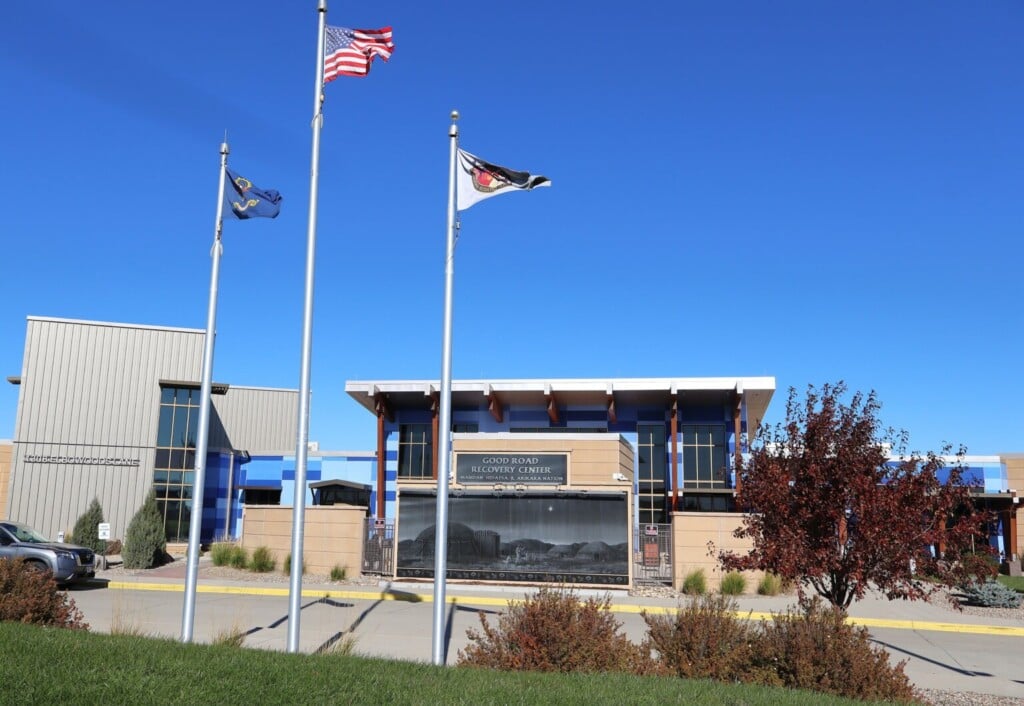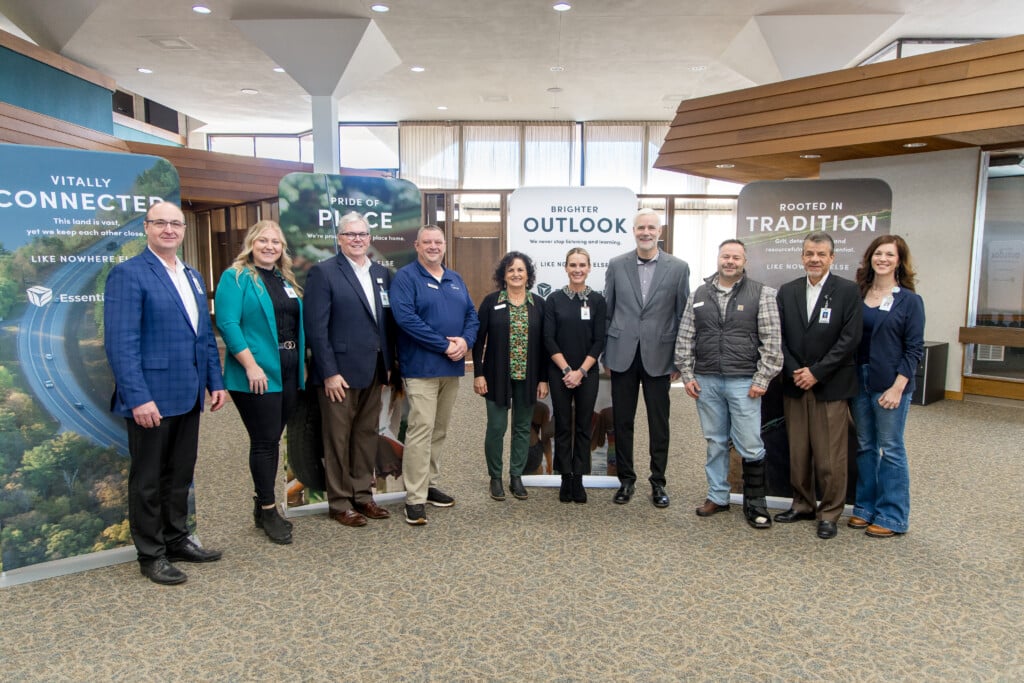North Dakota tribal treatment programs hindered by ‘archaic’ regulation, leaders say
Bill draft to address need for Medicaid, Medicare waiver

BISMARCK, N.D. (North Dakota Monitor) — The Mandan, Hidatsa and Arikara Nation is looking to the North Dakota Legislature to address a major “impediment” to health care access on the state’s tribal reservations.
During a Friday State and Tribal Relations Committee meeting, Good Road Recovery Center Director Jasten Schock told lawmakers of his two years working at the Bismarck-based treatment facility, he’s spent the most time working around “IMD waivers.”
An Institution for Mental Diseases, or IMD, is defined by federal regulation as a facility with more than 16 beds that focuses on providing services for people with mental illnesses and substance abuse disorders.
Facilities with more than 16 beds are not eligible for Medicaid reimbursements, a threshold Schock called an “archaic, outdated regulation.”
States can seek such payments through an IMD waiver, which is available in 37 states — but not North Dakota.
According to the North Dakota Department of Health and Human Services, Medicaid members can receive payments in an IMD setting through other mechanisms, like the state’s Substance Use Disorder voucher, or through agreements available at Fargo-based mental health clinic Prairie St. John.

Mark Fox, chair of the Mandan, Hidatsa and Arikara Nation, speaks during a conference of tribal and state government leaders on June 26, 2024. (Photo by Mary Steurer/North Dakota Monitor)
MHA Nation Chair Mark Fox said because North Dakota doesn’t have the waiver, the tribes are forced to send dozens of their members to other states for treatment services that cost them far more than the cost of care locally.
“It’s really getting out of hand,” Fox said.
“We never asked for a dime to build our drug treatment facility in Bismarck. All we’re asking for is for the state to support Medicare and Medicaid giving us a waiver so that we can treat more than 16 people at a time,” he continued. “Because of these limitations, if we treat more, we don’t get reimbursed by Medicare and Medicaid, but if the state agrees to support a waiver and it’s granted, we can treat the 60-some people we’ve invested to treat.”
Fox said he hopes Gov. Kelly Armstrong’s recent trip to the reservation puts momentum on the effort to get the waivers.
Joy Froelich, a physician at the treatment facility, emphasized to the lawmakers that getting people into recovery saves a multitude of costs in the long term, like money spent on law enforcement and the courts system.
Indigenous North Dakotans consistently see the highest rates of substance use compared to their white counterparts, according to the Department of Health and Human Services.
“If we could make sure we’re helping people get sober, we get them back to the workplace — they won’t need Medicaid,” Froelich said.
MHA Councilwoman Monica Mayer, who is a medical doctor, told the committee that high rates of substance use disorders coupled with the 16-person threshold, make up a significant section on the long list of “impediments” to providing quality health care services on the reservations.
“We pay $40 million in premiums annually. We’re trying to reduce that. And the way to reduce it is to get people on Medicaid and Medicare,” Mayer said of overall health care costs, not just substance use disorder treatment.
“It’s gotten so bad, that we carry the burden of having to cover their insurance and their premiums. We’re not talking millions of dollars — we’re talking billions over the past decade,” she said.
After a lengthy discussion on Friday afternoon, Sen. Tim Mathern, D-Fargo, opted to begin drafting a bill to establish North Dakota’s version of an IMD waiver.
The draft legislation will be discussed at the next State Tribal Relations Committee meeting. That date has not been set.
Article written by Peyton Haug






